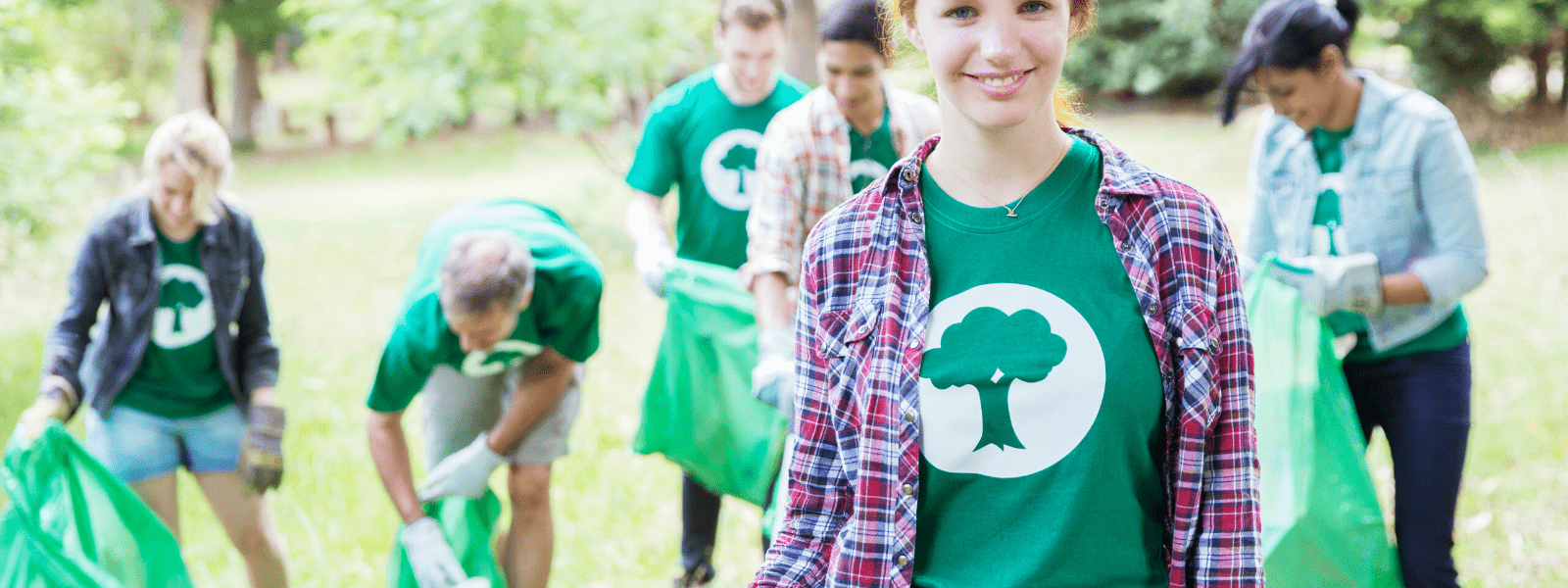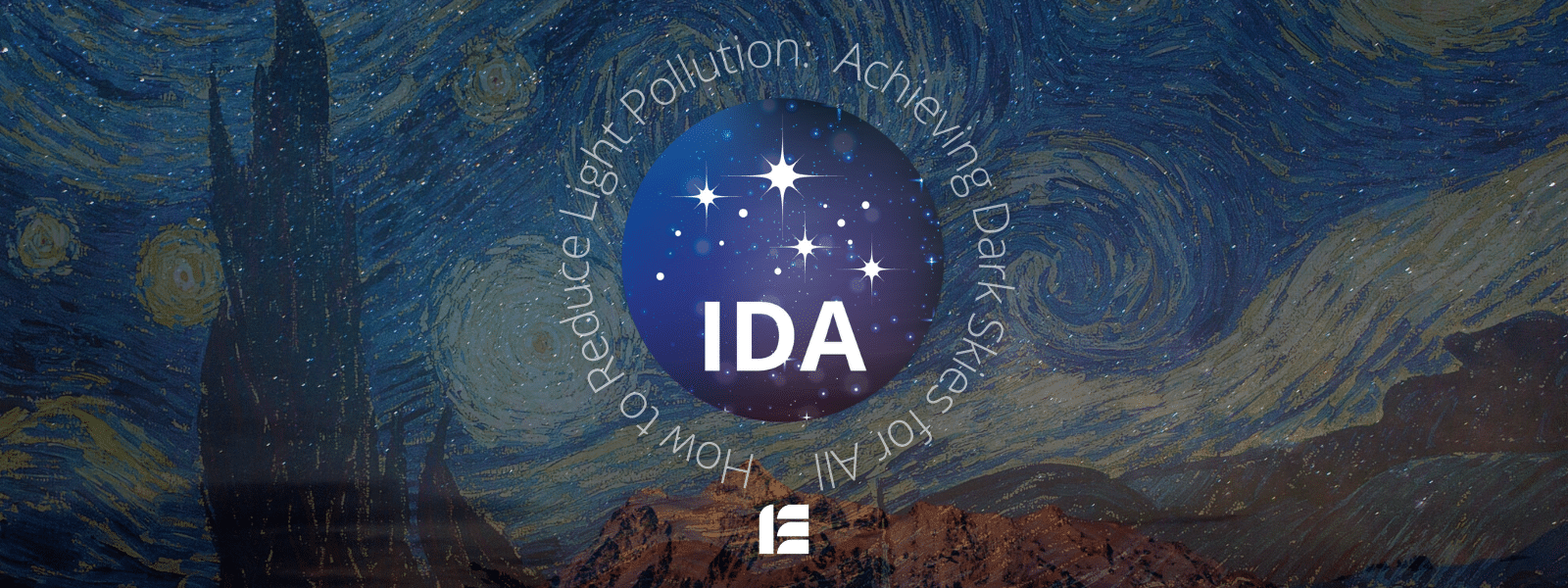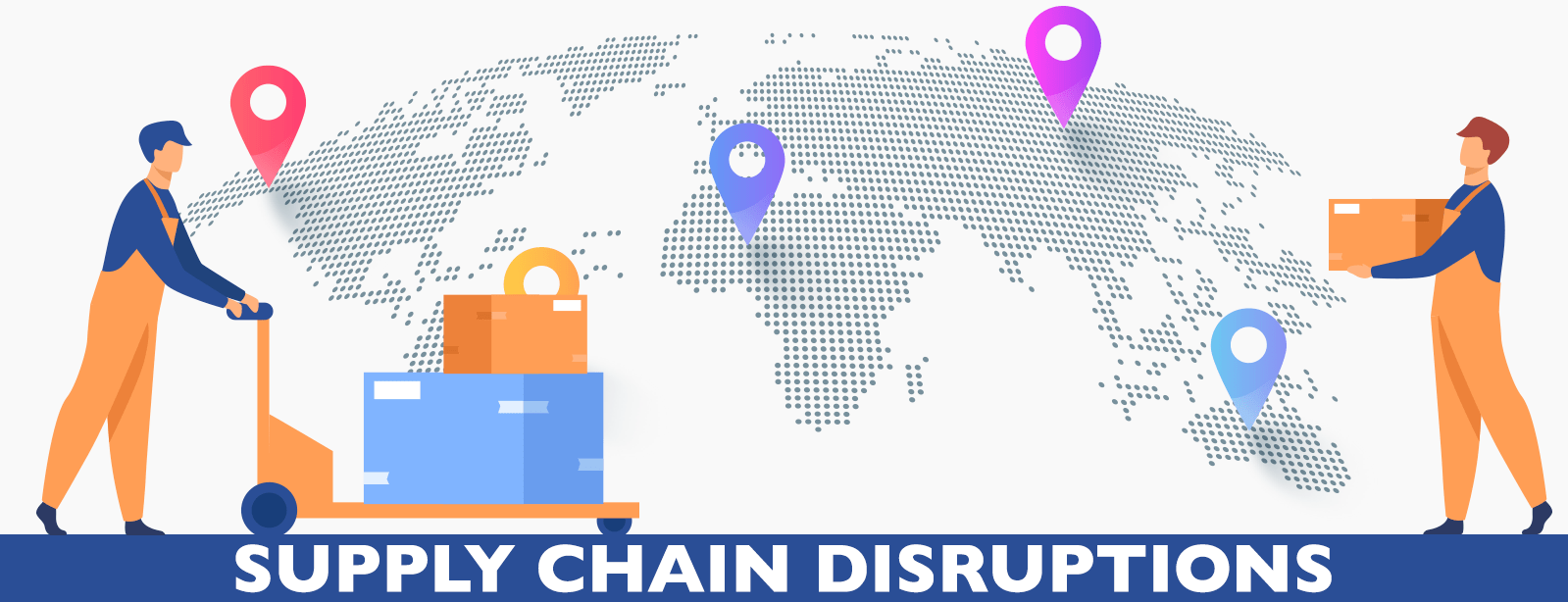What are Environmentalists? Environmentalists are individuals who devote time and effort to protecting the environment. These individuals come from different backgrounds and yet have a common goal or belief. The commitments made by environmentalists address several...










